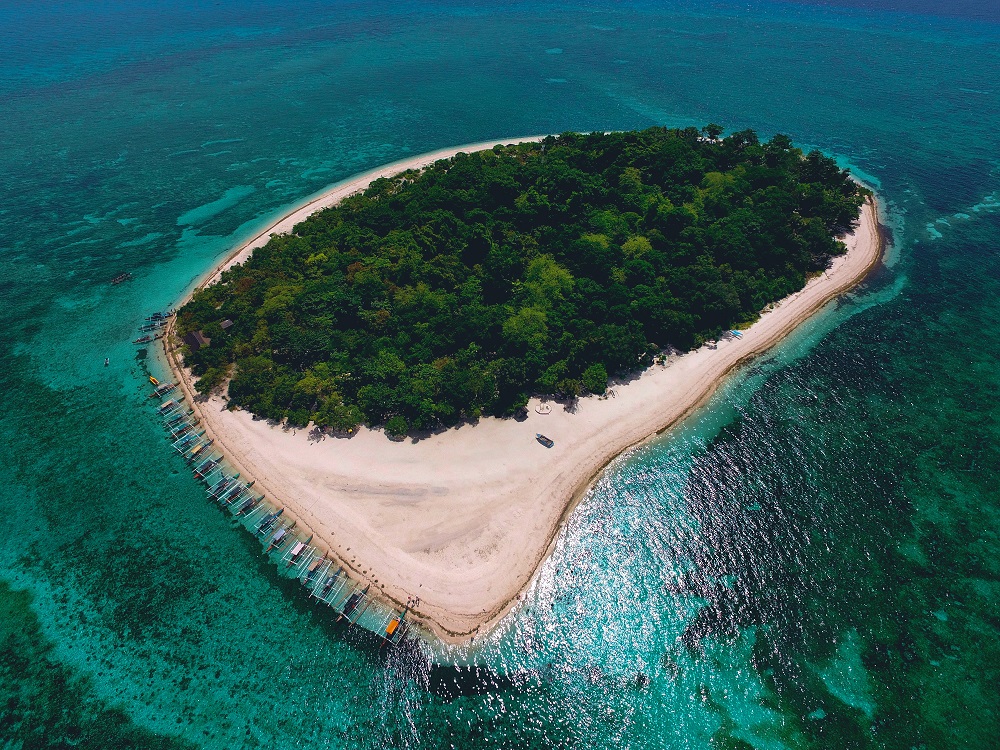Following World Ocean Day on June 8th, people celebrate Coral Triangle Day annually on June 9th. This is an opportunity to educate ourselves about marine biodiversity and climate change, especially as it relates to the “the Coral Triangle,” a region spanning across six Asian-Pacific countries: Indonesia, Papua New Guinea, the Philippines, Solomon Islands, Malaysia, and Timor Leste.
This is a widely celebrated holiday that involves beach clean-ups, sustainable fishery demonstrations, large dinners, and public markets. Individuals and organizations use these events to honor their diverse cultures and identify ways they can collaborate to conserve the ocean environment. The slogan “shared waters, shared solutions” underlines each event, and because it is designed as an open-sourced initiative, anyone who wants to establish a celebration or educational occasion can do so freely.

The Coral Triangle is one of three major ecological complexes on Earth, the other two being the Congo Basin and the Amazon Rainforest. It is known as the epicenter of marine life, housing 76% of all known coral species, 53% of coral reefs, the most mangrove forests in the world, and 37% of all known coral reef species (source).
Thanks to its high biodiversity and a track record of rapid recovery, much of the region may be fairly resilient to climate change compared to other ecosystems; nevertheless, it is already experiencing mass bleaching and overfishing. One worst-case scenario prediction estimates that by 2100, the Coral Triangle coastal regions could experience an 80% decline in their ability to feed residents. Likewise, on the horizon are severe weather and increasingly acidified oceans. There is hope for the region, though, if political leaders stick to the goals they established for themselves in the Coral Triangle Initiative.

We have discussed the dangers of eco-anxiety and climate dread in several recent articles. When people feel hopeless, what motivation do they have to work toward a more sustainable future? Coral Triangle Day shows the world that conservation work need not be somber to be effective. Celebrating the environment and our relationship to it can be the spark that drives people to change their habits and vote for more eco-friendly policies.
Even those of us who do not live in the Coral Triangle can adopt this mindset and advocate for healthier oceans. Below is a graphic created by NOAA with several reasons to appreciate marine ecosystems. They have also compiled a list of over 300 fascinating ocean facts here. Let this day nurture your curiosity about oceans and help you cultivate an attitude of gratitude for how they affect our lives every day. There is hope for our oceans — and you are part of it!

 Food
Food Farmers
Farmers Sustainable Living
Sustainable Living Living Planet
Living Planet News
News